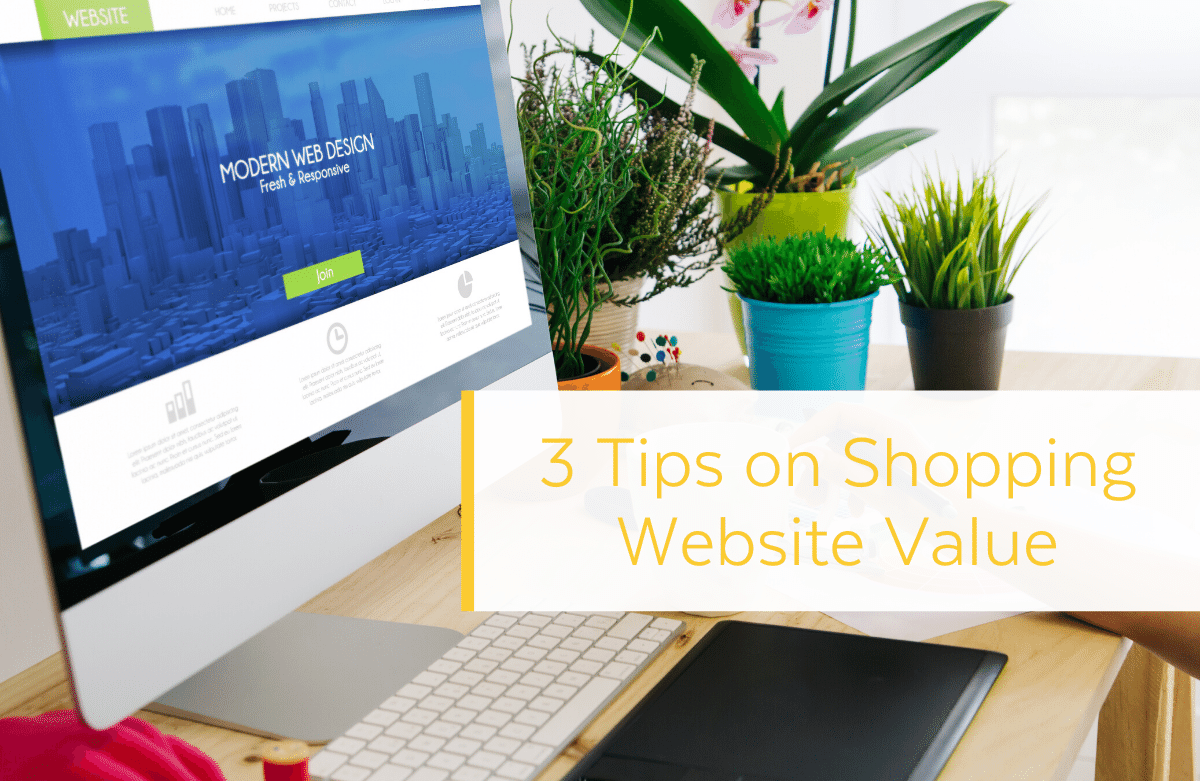You DON’T Always ‘Get What You Pay For’ + 3 Tips on Shopping Website Value
The gurus aren’t always right; you DON’T always get what you pay for.
Have you ever spent a ton of money for a fine dinner, only to be disappointed? ☹️
Or, the opposite, have you ever spent little and been surprised? ????????????
LUXURY Website ???? = High Cost + High Value
RIP-OFF Website ???? = High Cost + Low Value
CHEAP Website ????♀️ = Low Cost + Low Value
VALUABLE Website ???????????????? = Low Cost + High Value
Don’t get bullied or kicked while you’re down! And don’t let unintelligent “advice” slide. Call it out!
We’ve seen some of our perceived competitors’s work who charge more than we do. Let me tell you; disappointing work in many cases!
Be a wise shopper, especially as it comes to web. And so for a valuable website, at whatever price point!
1.) Know what you’re looking for.
Do some homework first, and generally know what the current market rates are.
2.) Ask them to explain any concepts you don’t understand.
Never purchase a concept you don’t understand. Don’t let them glazed-over terms that might confuse you, and impress you, and just purchased because they sound like they know what they’re talking about. If a car salesman was trying to sell you a flux capacitor, you would ask questions. Do the same with websites!
3.) Have them tell you how their service leads to ROI.
Many service providers will not be able to tell you directly how their service leads to ROI. Many web services are not direct ROI contributors, but lead up to ROI. Know the difference as you’re shopping for solutions on the web. Your website is quite often indirect return on investment, but at least inquire of the service provider and demand that they know how their service can contribute to your ROI directly or indirectly.




